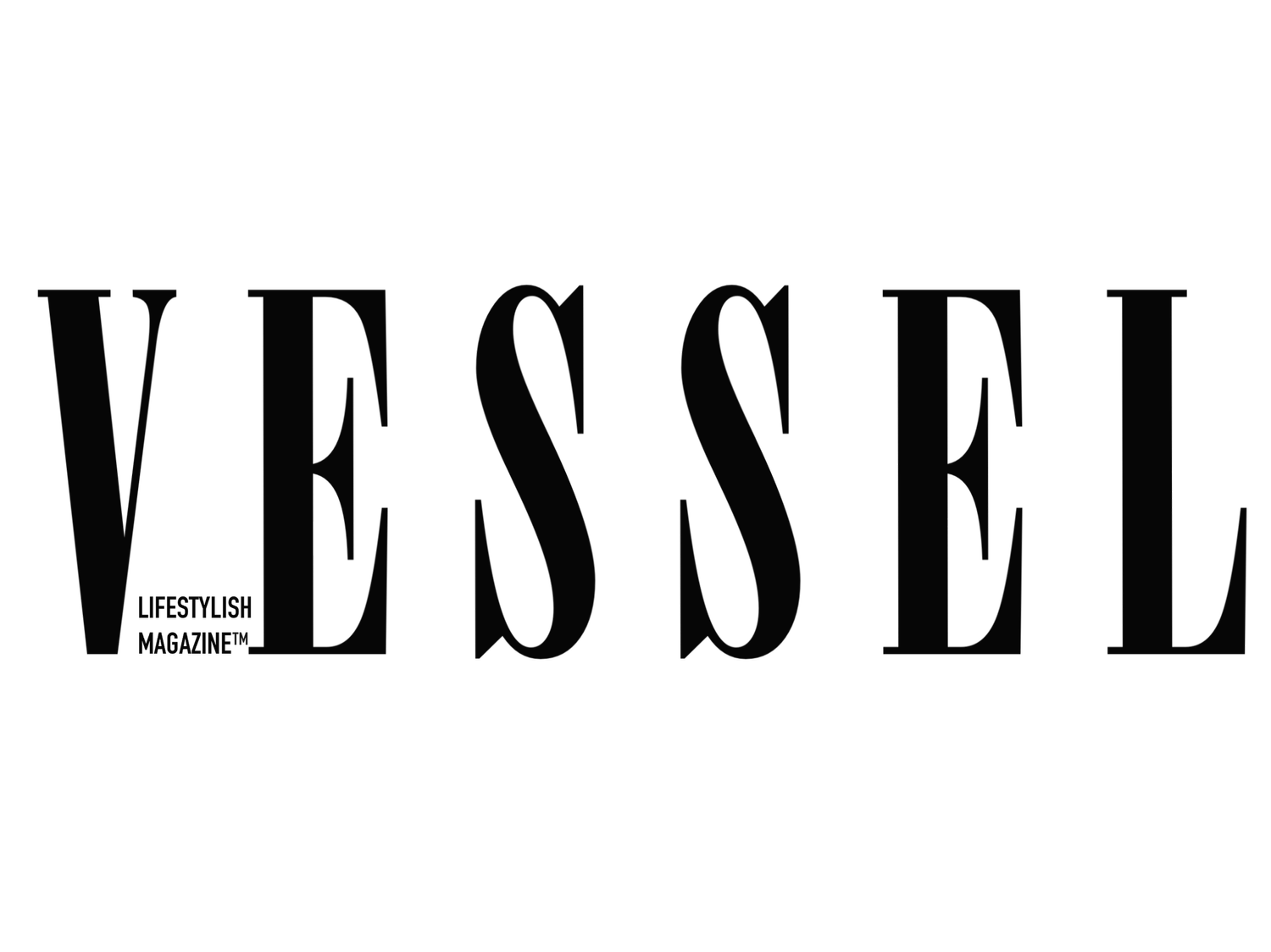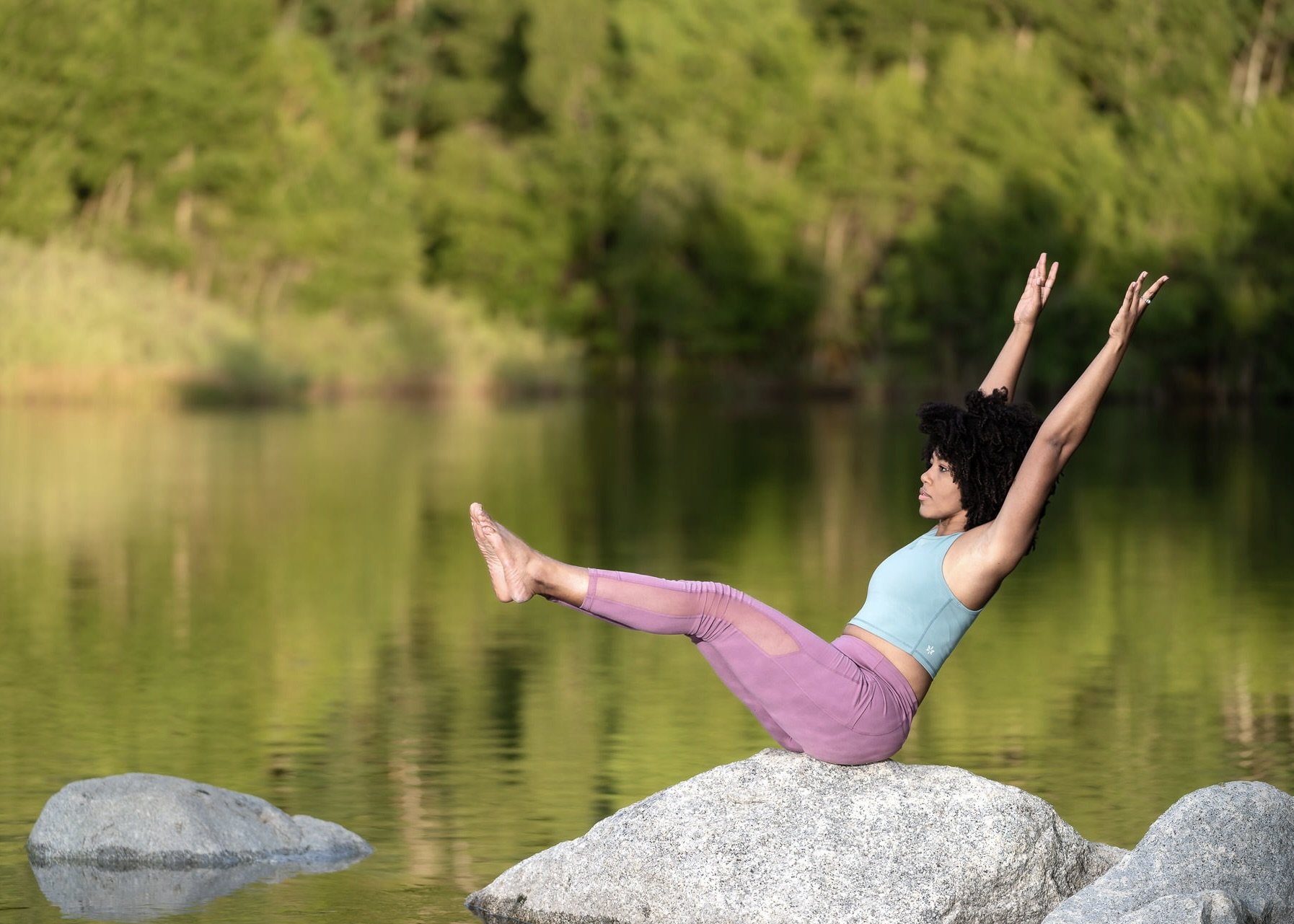ARE YOU READY FOR
SOME RADICAL SELF-CARE?
By John Sovec
Every day on the news, on social media, in magazines at the checkout stand, from friends, and even from Oprah, we hear messages that encourage us to practice self-care. This self-care mantra has become a trendy buzzword used to convince us that we need to spoil ourselves. Even your therapist may be encouraging you to practice indulgent forms of self-care as a means to regulate emotional well-being and find equilibrium at the end of a long and stress-filled day.
Not all self-care is self-indulgent, however. Some self-care techniques require an investment that offers strong rewards.
Don’t get me wrong, I am all in favor of taking a hot bath with bubbles, essential oils, candlelight, and soft music playing in the background at the end of a day. This is a beautiful pampering experience and has its place and purpose. For that matter, having a small bit of dark chocolate at the end of a busy day to help you feel special and pampered also makes sense. These are delightful indulgent techniques that can help your body, mind, and spirit to relax and rejuvenate.
What I want to open your eyes to is that here is another type of self-care that may feel a little bit radical and outside the normal parameters of spoiling yourself. This type of self-care involves speaking up for yourself, setting clear boundaries and cleaning out the negative, draining, and dark energies around you. This type of self-care focuses on creating a life that you don’t constantly need to escape or repair from when it overwhelms you. Instead, these techniques assist you in leading an empowered life which will help to alleviate some of the stress and anxiety that well up when you feel like you are not in the driver’s seat of your day-to-day experience.
Let’s take a look at some of the techniques that can assist in managing life more effectively and taking self-care to a whole new level. These ideas are not trends, so they may seem a little jarring at first, but they can open up space in your life in new and powerful ways.
“radical self-care response to this overloaded scheduling addiction is to simplify by reducing the number of commitments in life”
1. You own your schedule; your schedule doesn’t own you. A hectic schedule can be a major cause of high stress and make you constantly feel out of control and overwhelmed. It has also become a societal sign of success that one is constantly rushing from one activity to another. Busy-ness has somehow become a badge of honor, a proof that you must be successful because you are always doing. Yet, when we push too hard and try to do everything everywhere all at once, the body and mind rebel. Stress levels rise, energy levels sink, and unhealthy connections to food and substance can develop. The radical self-care response to this overloaded scheduling addiction is to simplify by reducing the number of commitments in life to just the essential ones. Learn to say no to the rest. Those entries on the calendar are under your control when you set clear boundaries, learn to say no to commitments that you really have no interest in being part of, and contain the length of your workday. Doing less is a radical approach to self-care that goes against the grain of societal expectations but in the end can open the doors to a more fulfilling life.
Photos by David Terry
“multitasking is actually impossible for the brain”
2. Multitasking is the myth of our time. This may be hard to believe but multitasking is actually impossible for the brain to do and when we try it we are putting our brains into a high stress environment, leading to fatigue and a sense of being overwhelmed. When you are trying to multitask, you are actually diluting your mind’s ability to focus and resolve any of the projects in front of you.
In the practice of radical self-care, the focus is on doing one thing at a time as effectively as possible. Do only that one thing with no distractions. Rather than trying to drive the car, manage the kids, eat lunch, and talk on the phone at once, ease up and enjoy the drive. Chat with your kids about their day. When you get them settled in, then make the phone call in a quiet, contained environment. This is a challenging concept for many people who have been raised with the myth of multitasking but with practice, a more efficient and focused mind will develop that is able to soothe itself.
3. Choosing a life that feels good rather than looks good. Marketing and media have been almost too effective at developing the aspirational lifestyle which is represented by the need for the newest car, the cleanest house, and even a focus on always having bouncing and behaving hair. [Edit: we do enjoy well-behaved hair, but let’s not digress.]
The development of these appearances of success has created a society that is stressed out by the need to achieve and a hyper-aroused state of constantly chasing the next best thing. This constant striving creates a highly stressed and unmanageable lifestyle that can leave you feeling like you are constantly behind the rest of your peers and exhausted.
Instead, open up the possibility that a slightly messy house may actually be a sign of the fun that takes place in that environment. Wearing last year’s yoga clothes feels good because they are worn in and comfortable when you work out. By relieving yourself from the social construct of needing the newest and shiniest toys, there is room to relax and celebrate the achievements that that are already occurring. Keeping up with the Joneses may be a foundational facet of the American Dream but in the end, that race is never ending and is a hamster wheel of stress and futility that interferes with the celebration of life.
These concepts of radical self-care may be a little new and startling to you as they aren’t always elegant. They may even feel as if they go against some sort of social contract.
Nonetheless, utilizing these methods on a regular basis will assist you in resetting priorities and open up the space for the means to enjoy a powerful and engaging life.
Then taking a bath or eating some chocolate becomes a part of enjoying life rather than a prescription to escape it. Put another way: you can’t have dessert if you don’t finish your meal.
John Sovec is a therapist/coach in private practice in Pasadena California who works with clients on career transitions, goal setting, and motivation. He is the author of Out: A Parent’s Guide to Supporting You LGBTQIA+ Kid Through Coming Out and Beyond and in 2019, John was appointed by Governor Gavin Newsom to the California Board of Behavioral Sciences.
John Sovec, is a highly sought-after speaker and media expert, and has designed professional training models and seminars for the Walt Disney Company, Paramount Studios, Pandemic Studios, Electronic Arts, and Washington Mutual,
His work featured on The Riki Lake Show, OWN, FOX, The Advocate, Bravo, LA Talk Radio, The Washington Post, and columns for Huffington Post, Medium, and Good Therapy. He is the host of OutTalk, a monthly web series for OutCare Health.
www.johnsovec.com



